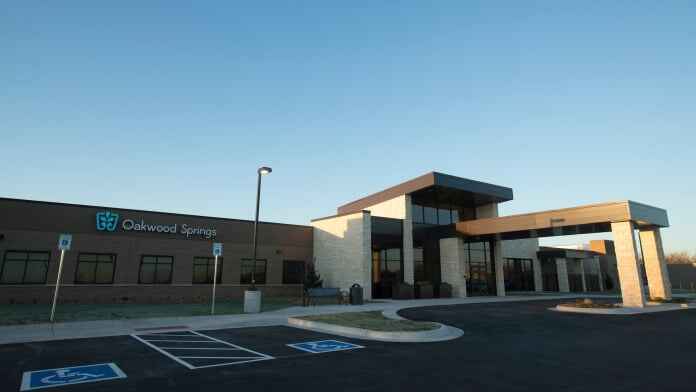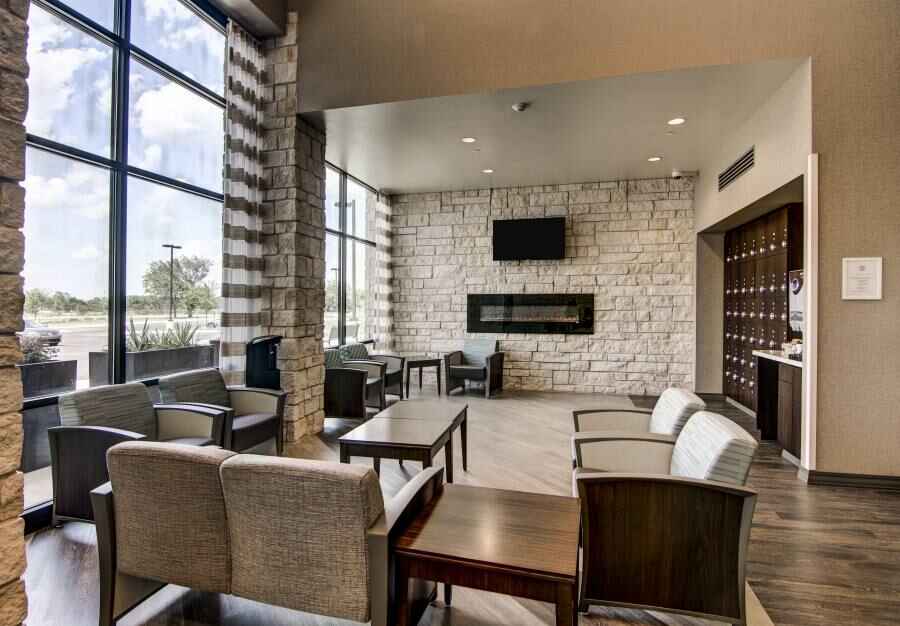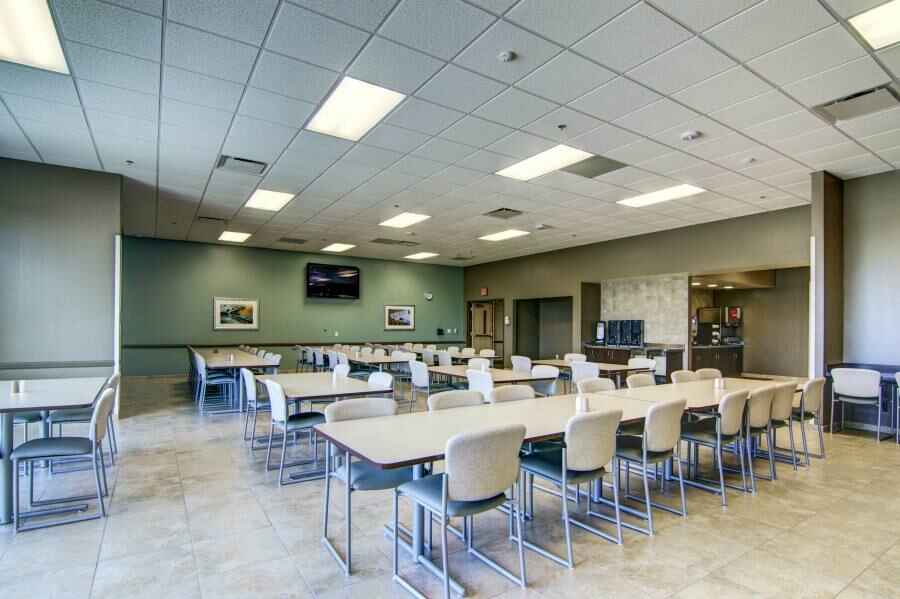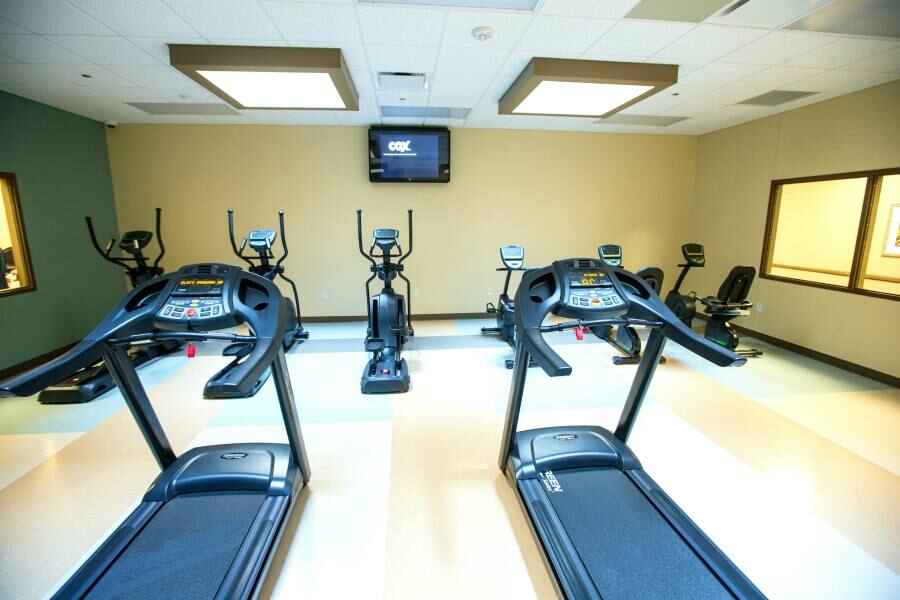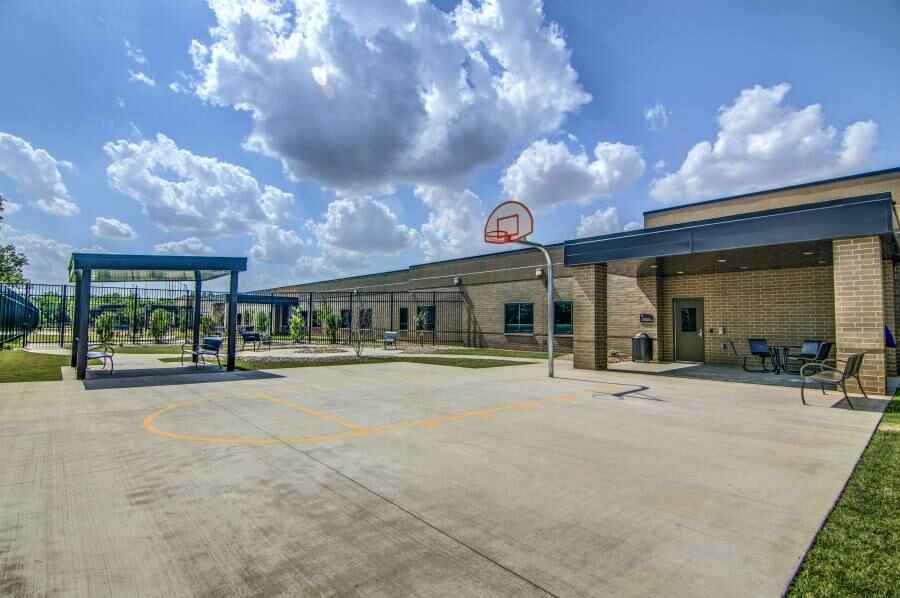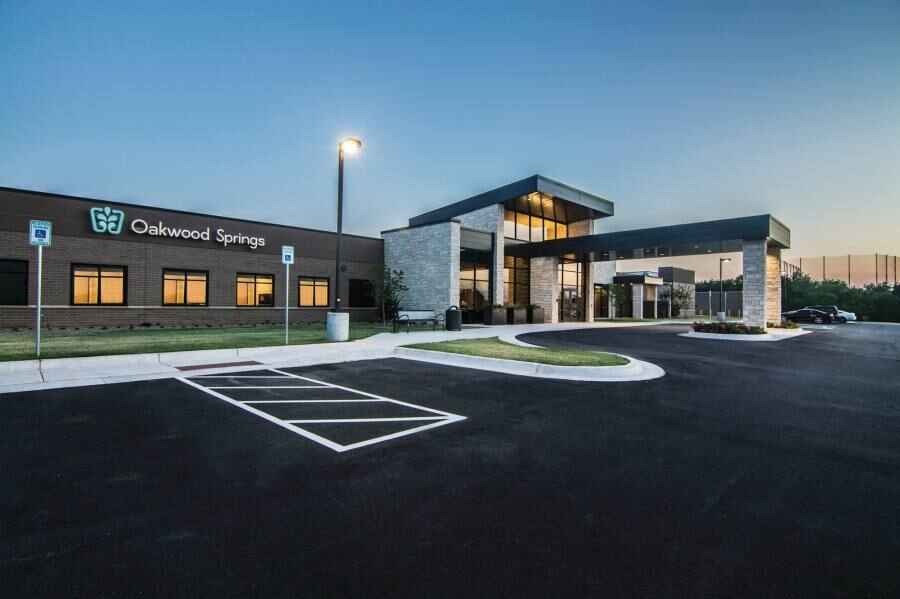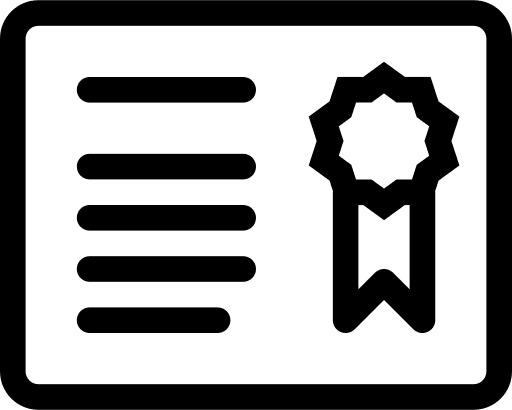About Oakwood Springs – Oklahoma City
Oakwood Springs offers individualized treatment for mental health and substance use disorder. They’re located in Oklahoma City, Oklahoma. They’re Joint Commission accredited and LegitScript certified. This means that they met the standards for the highest quality of care.
They also address co-occurring disorders. This is when someone is simultaneously dealing with both mental health and substance use disorders. Their substance use recovery program includes medical detox, inpatient rehabilitation and outpatient care. Both inpatient rehab and detox are two aspects of inpatient recovery that occur at their clinic. This highly structured and therapeutic environment facilitates safe recovery.
Their comprehensive inpatient care starts with assessment and individualized treatment planning. This is followed by detox and inpatient rehabilitation therapy. Detox weans you off addiction related toxins that are in your body in preparation for the main therapy. It involves stabilization with 24/7 monitoring by their medical staff. These experts may administer medication to minimize withdrawal symptoms. This ensures your withdrawal is safe and comfortable. This facility even offers acute stabilization for suicidal patients and those experiencing hallucinations.
Their detox takes between three to 10 days and is followed by intensive inpatient rehabilitation therapy. You can receive therapy for co-occurring conditions at this stage. This program integrates the 12 Step model and evidence based approaches like cognitive behavioral therapy, dialectical behavior therapy and motivational interviewing. These are delivered in a group, individual and family format. You’ll also have the opportunity to connect with peers through NA and AA meetings. They even incorporate holistic practices like relaxation, yoga and music/art therapy. This promotes whole person treatment that heals the body, soul and spirit.
After inpatient care, you can step down to either of their outpatient programs. This can be partial hospitalization or intensive outpatient care. The partial hospitalization program is more structured and requires more therapy sessions. You’ll participate in up to 12 hours of therapy daily, five days a week. Services include wellness education, recreational activities and medication management. You’ll also participate in family and group meetings focused on helping you build solid coping strategies.
You can consider their intensive outpatient program if you don’t want the intensity of the partial hospitalization program. This program lasts three to five days a week and involves three hours of therapy daily. It involves supervised medication management, education classes and life skill training. You’ll also participate in individual talk therapy or support meetings.
Their aftercare services include alumni support groups for ongoing support. They may also connect you to other community resources like meetings for AA or NA.
